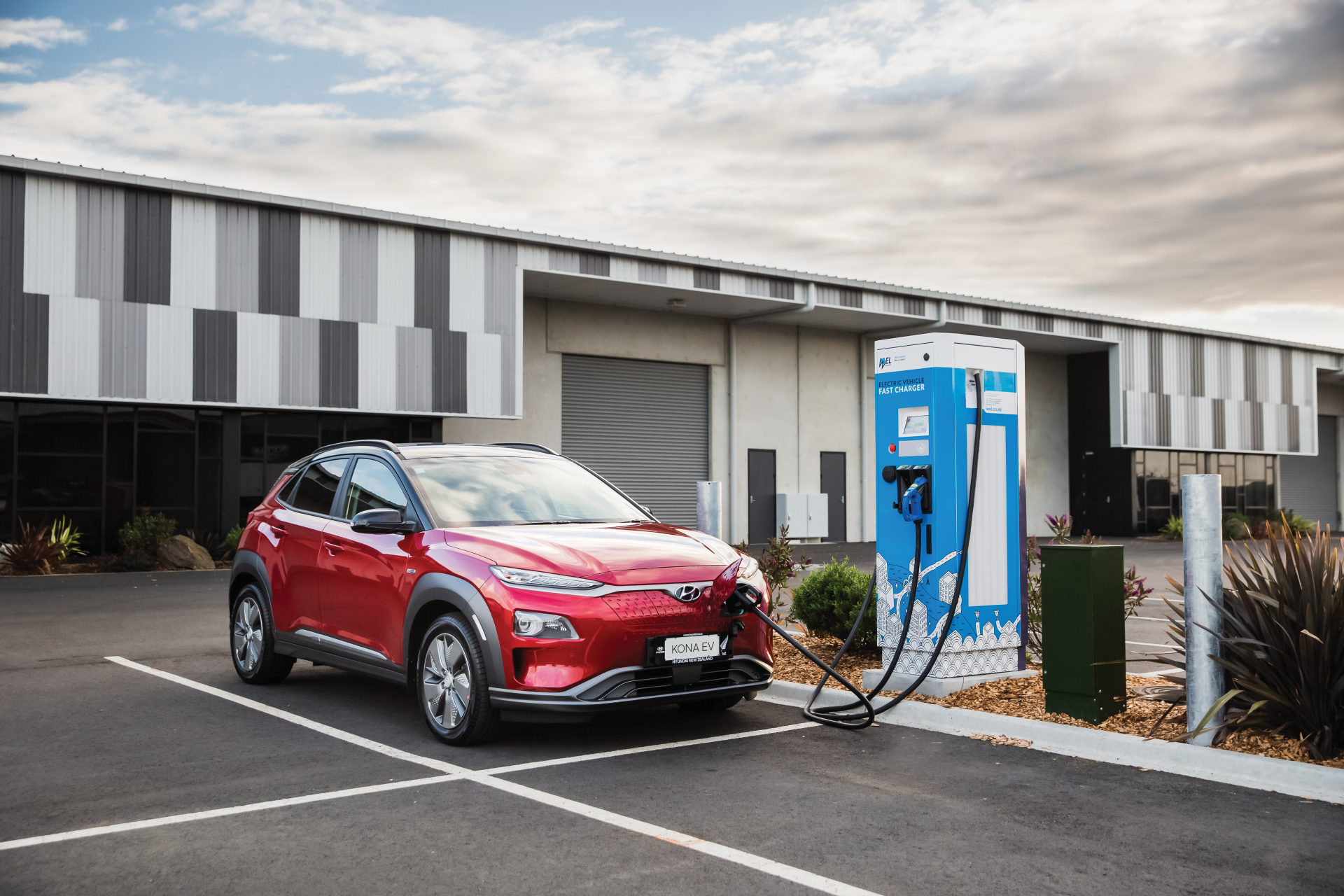As the informed readers of The BFD are well aware, there was a concerted attack on the US election process in the run-up to the 2016 Presidential election. This nefarious attack was caused by the Russians who desperately wanted a strong man in the hot seat rather than their friend Hillary.
The former CIA director James Woolsey said that he was “confident the Russians will be back, … to attempt to inflict even more damage in future elections,” referring to cyber attacks against electronic voting machines and voter registration databases. They knew it was the oh-so-clever Russians as the hackers used Russian language keyboards and left their grubby fingerprints all over the hacks and attacks. If only they had used British keyboards … (Rookie mistake)
Testimony about issues with electronic voting machines, before the US Senate Intelligence Committee, included statements like, “What we found was disturbing: We could reprogram the machine to invisibly cause any candidate to win.” And “We also created malicious software—vote-stealing code—that could spread from machine-to-machine like a computer virus, and silently change the election outcome. Vulnerabilities like these are endemic throughout our election system.”
All very worrying indeed for the US voter but now, according to Yury Dvorkin, a professor of electrical and computer engineering at New York University’s Tandon School of Engineering, there’s another possibility to worry about: electric cars.
A successful election attack doesn’t need to gain access to voting systems themselves. Dvorkin says plug-in electric vehicles (PEVs) and the charging stations that charge their batteries could enable large-scale cyberattacks on urban power grids. In a simulation he and his team conducted using Manhattan, Dvorkin found that it would take only 1,000 electric vehicles charging simultaneously to stage an attack on the city’s power grid, potentially blacking out entire sections of New York.
In the context of election security, Dvorkin told Quartz that such attacks could cause power outages in districts a political opponent might want to flip, making it impossible—or at least extremely difficult—for people who live within those boundaries to vote. Streetlights would be affected, causing traffic jams. Subways would be inoperable, and communications networks could go dark. Electronic voting machines would be useless without electricity, shutting down polling stations.
“Based on available statistics, urban populations tend to favor a certain political party,” Dvorkin said. “If on election day there is a blackout in the city, it means that this vote is going to be suppressed. And even if you take a fairly blue state such as New York, where people living in rural areas also often vote for a certain party, suppressing the urban vote may turn the state from blue to red.” […]
In a recent working paper now going through the peer-review process, Dvorkin says most utilities treat PEVs and electric vehicle charging stations “as passive loads and do not proactively monitor their usage and cyber hygiene.” Charging station data is publicly available. An attacker could use that data to reconstruct specific grid layouts via project information and updates reported by the utilities themselves. They could then alter power loads in subtle ways relative to total system demand, which, theoretically, would not be noticeable to the system operator. “As a result, the cybersecurity community warns that PEVs and EVCSs can evolve as an attack vector into the power grid,” Dvorkin said.
Quartz
Dashed cunning these Ruskies. What a fabulous long-game. Get the west excited about global warming and CO2 and drive up the electric car purchases among the liberal left, then have them all charge their Smugmobiles on election day and paralyse the cities, thus stopping the left candidates from winning.
Yury Dvorkin would not have any Russian blood, would he?
If you enjoyed this BFD article please consider sharing it with your friends.

